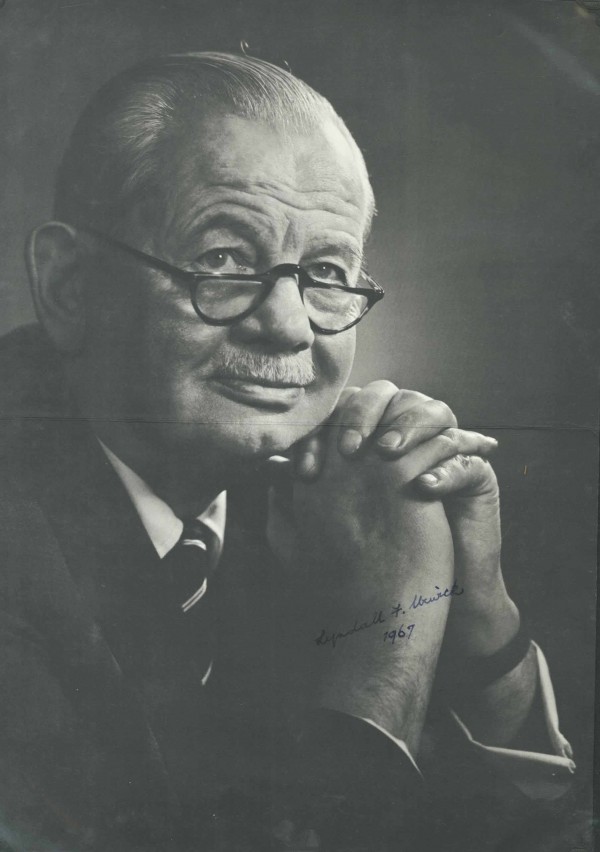Source: 1950s, The pattern of management, 1956, p. 43; cited in: Colin Combe (2014), Introduction to Management, p.118
Lyndall Urwick: Citations en anglais
Vol II, p. 216.
1940s, The Making Of Scientific Management, 1945
Source: 1950s, The pattern of management, 1956, p. 132-133, as cited in: John Sheldrake (2003), Management Theory, p. 74
Source: 1940s, The Elements of Business Administration, 1943, p. 53
“[Functionalism is a] dividing up of activities as to kinds.”
Source: 1940s, The Elements of Business Administration, 1943, p. 56
Vol I. p. 16-17; as cited in: Harry Arthur Hopf. Historical perspectives in management https://catalog.hathitrust.org/Record/009425985. Ossining, N.Y., 1947. p. 4-5
1940s, The Making Of Scientific Management, 1945
Source: 1930s, "Science, Value and Public Administration", 1937, p. 189
Source: 1940s, The Elements of Business Administration, 1943, p. 46
Cited in: Harold F. Smiddy and Lionel Naum. " Evolution of a "Science of Managing" in America https://archive.org/details/selectedreadings00shul," in: Selected readings in management, Fremont A. Shull (edd), 1957. p. 16-17
1950s, "Management's Debt to the Engineers", 1952
Vol II, p. 18; as cited in: Hopf (1947).
1940s, The Making Of Scientific Management, 1945
Source: 1930s, "Science, Value and Public Administration", 1937, p. 189
Source: 1940s, The Elements of Business Administration, 1943, p. 118
Source: 1930s, "Organization as a Technical Problem," 1937, p. 49; The general outline of their concepts have been summarized in one figure or table.
Source: 1950s, The pattern of management, 1956, p. 85; Cited in: " Lyndall Fownes Urwick http://www.managers-net.com/Biography/biograph7.html," at managers-net.com, 2016.
Vol II. p. 23 as cited in: Hopf (1947).
1940s, The Making Of Scientific Management, 1945
Vol II. p. 18as cited in: Hopf (1947).
1940s, The Making Of Scientific Management, 1945
